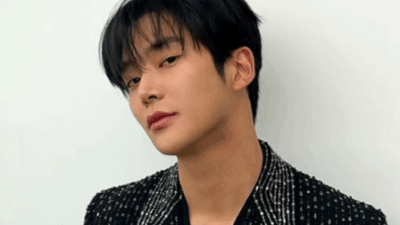LE SSERAFIM is currently in the spotlight, releasing teasers for their highly anticipated fourth Japanese single, “DIFFERENT,” set to drop on June 24. However, the promotional materials have ignited significant backlash from international fans, taking social media by storm.
As part of their promotional strategy, Source Music has shared teaser images and short video clips that showcase snippets of the new tracks. Although many fans were excited about the announcements, the “Track Samplers” have drawn particular ire, leading to a wave of criticism online.
One video featuring various objects inside a fridge became a focal point for scrutiny, primarily due to its apparent use of generative AI. Fans quickly noted that the oddly shaped items depicted were hard to identify, sparking speculation that human artistry may not have been involved in their creation.
Another teaser followed a similar theme, causing further concern among the group’s supporters. Many voiced their discomfort with the increasing reliance on AI in K-Pop promotions, viewing it as a troubling trend.
Fans took to Twitter, expressing their discontent. One user tweeted, “When will the AI shit stop in K-pop?” while another lamented, “You’re all getting too comfortable with AI!” This growing sentiment underscores a rising alarm that AI-generated content devalues human craftsmanship in the creative industry.
Critics argue that this trend doesn’t just compromise artistic integrity; it also impacts professional artists, designers, and illustrators who might find their work sidelined as companies opt for AI solutions to reduce production costs. Comments like “No one’s calling out the clear usage of AI… if you care to argue, please identify the items on the bottom shelf ” have become common, showcasing fans’ frustrations.
Beyond artistic considerations, there are environmental and ethical implications tied to generative AI technology. Critics mention that such tools consume significant energy, pointing out the irony of major companies with hefty budgets choosing AI over skilled professionals. One concerned fan remarked, “Please @SOURCEMUSIC, don’t work with artists who use generative AI as a part of their work. It is harmful to artists and the environment.”
As of now, neither LE SSERAFIM nor Source Music has publicly commented on whether AI was employed in the teaser creation. The ongoing debate continues to resonate within the K-Pop community, highlighting the delicate balance between innovation and the preservation of true artistry.




